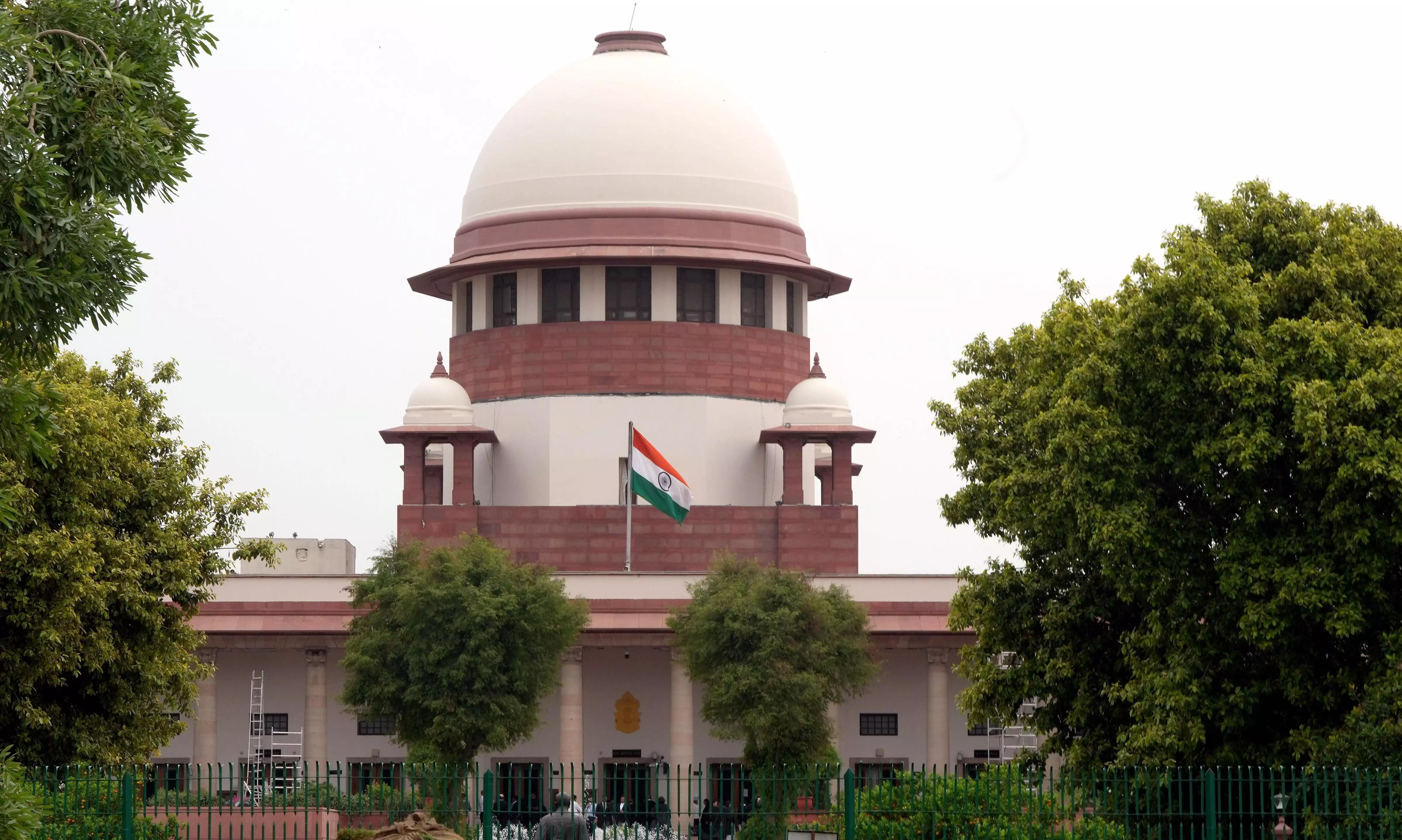Remember the time that we referred to someone as “physically handicapped” or “mentally retarded”? Gone are those days. Thanks to our leaders and activists, society has evolved to become more understanding towards people who are unable to use their faculties like most others. The words, “physically handicapped”, have given way to “physically challenged”, with the phrase, “differently abled”, arriving on its heels.
Most other such terms, too, have undergone changes. The Supreme Court of India now feels that even such changes are a bit condescending and there must be ways to describe these conditions in a more people-centric way. Hence it suggests that judges would henceforth refer to them as “persons with a disability”.
So it will be “a person with hearing disability”, with the person coming first in plain words. And nothing else. The court even suggests the judges check with the person on how they wished to be identified.
the apex court brought out on Saturday has listed several such usages and has explained how one has to be kind but correct. As Justice B.V.
Nagarathna, who supervised the preparation of the handbook, noted, “The language used by judges in their judgments carries immense weight and has the power to shape societal perceptions and attitudes. When it comes to addressing matters involving persons with disabilities, the use of sensitive language is of paramount importance. Judges must be mindful of avoiding dehumanising or demeaning te.

















